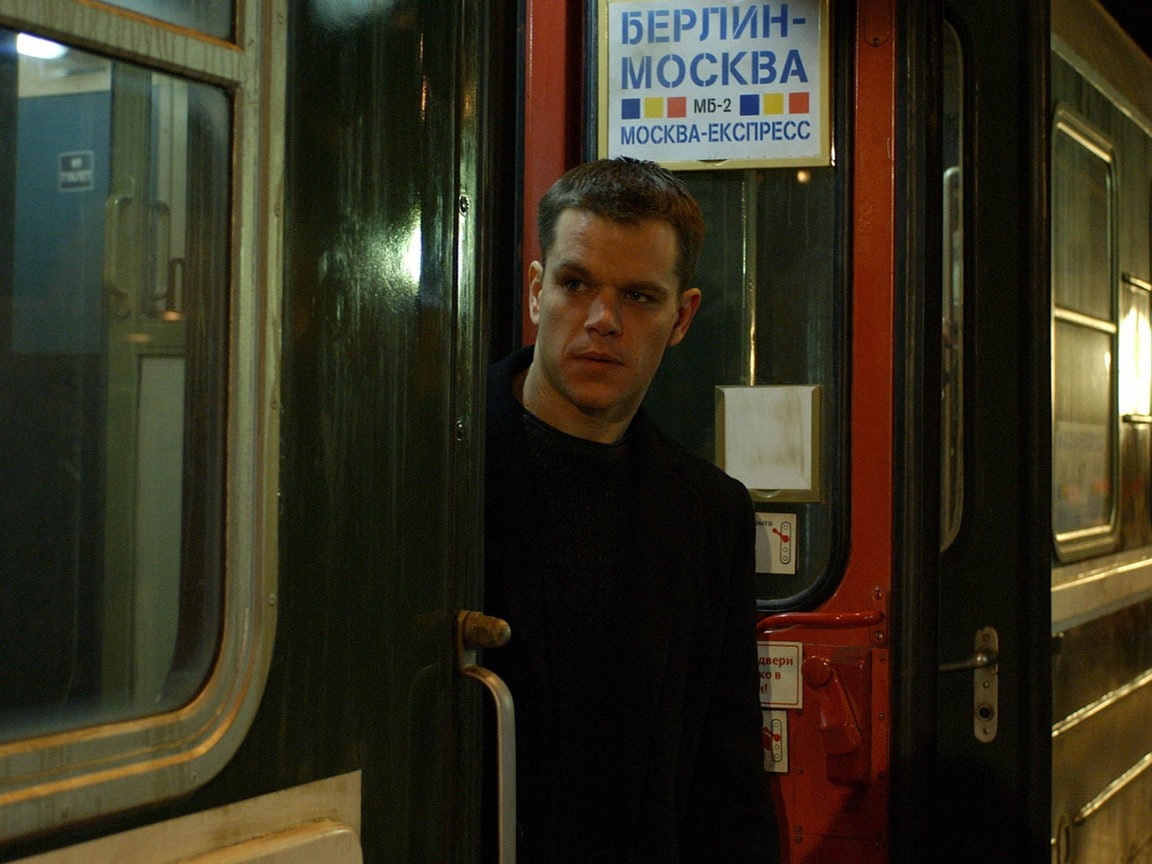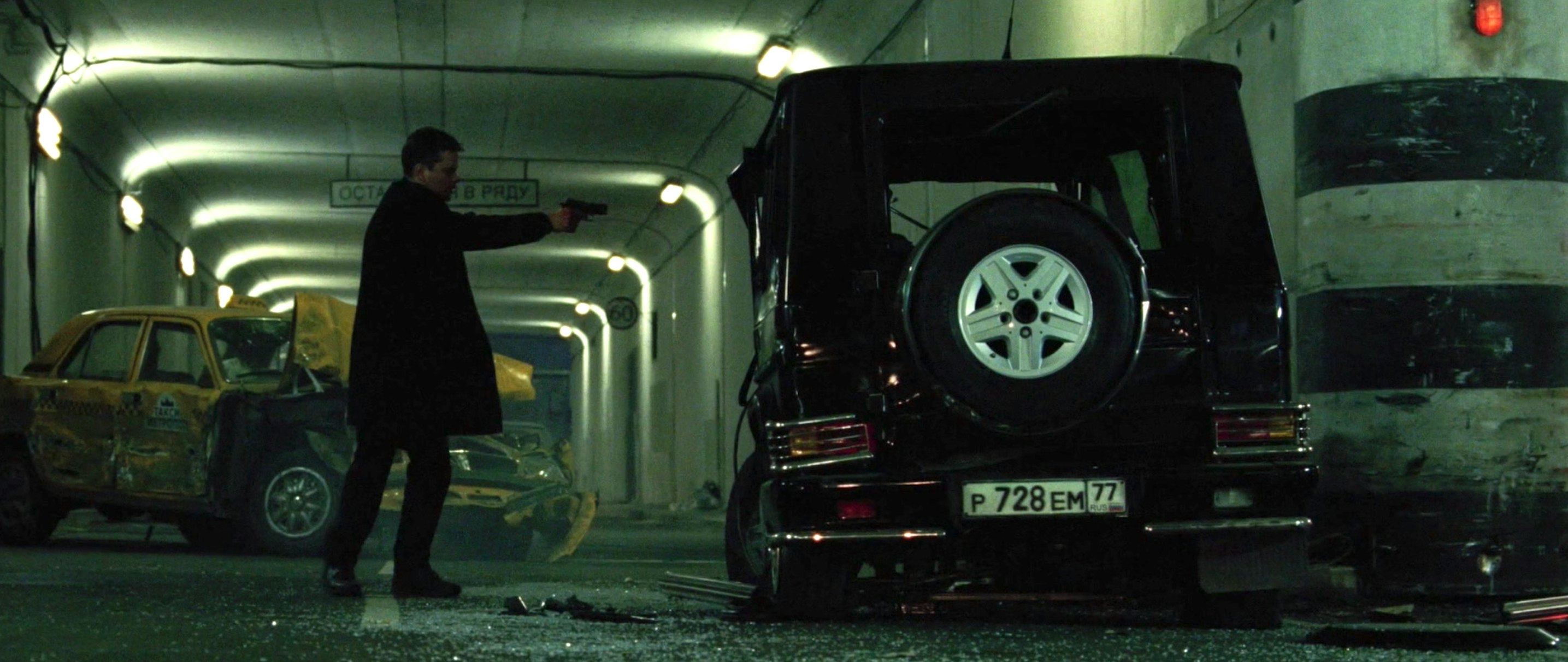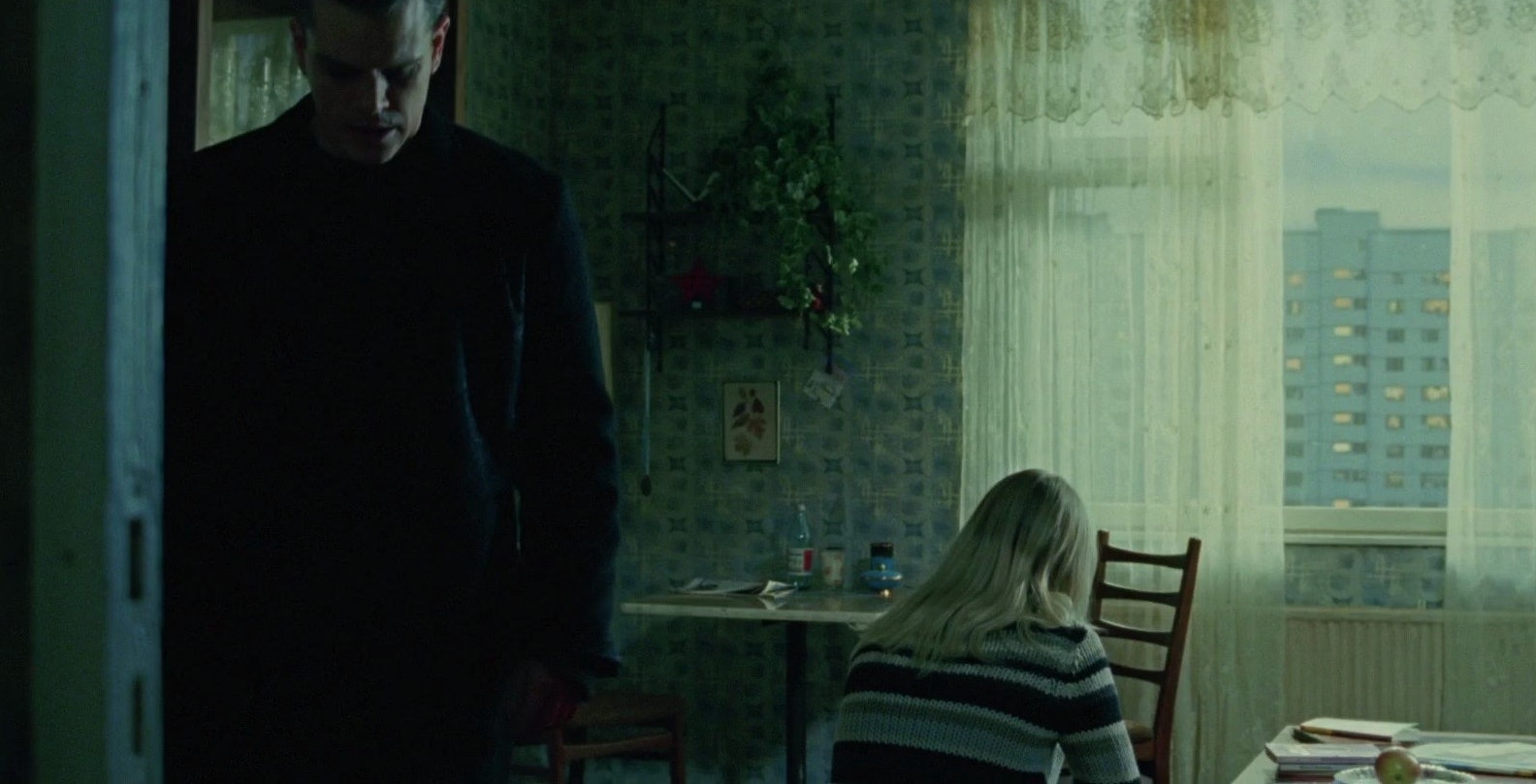
Of all the action movie franchises that have emerged over the past 30 or so years, few have had as tangible an impact on Hollywood or remained as beloved as the Bourne series. While the franchise's fifth and most recent installment, 2016's Jason Bourne, was met with understandably lukewarm reviews, its first three entries are still considered contemporary action movie classics. Most would agree that picking a favorite between the three films in question is ultimately a matter of taste more than anything else.
This writer would, however, argue that none of the franchise's movies are quite as well-executed, thoughtful, or surprising as 2004's The Bourne Supremacy, which celebrates its 20th anniversary this week. A sequel to 2002's The Bourne Identity, the film is a lean, frequently jaw-dropping blockbuster that, thanks to director Paul Greengrass' revolutionary-at-the-time shaky cam style, spawned dozens of imitators that all failed to recapture its singular magic. As impressive as the film's visceral, bone-rattling approach to its action is, though, nothing about The Bourne Supremacy would work if it wasn't so grounded in its tormented protagonist's perspective.
Nearly everything that happens in the film feels directly tied to Jason Bourne's (Matt Damon) turbulent internal journey. That not only elevates The Bourne Supremacy's set pieces to even greater heights, but it also leads to one of the most unexpectedly moving and quietly subversive climaxes in action movie history.
Written by Andor showrunner Tony Gilroy, The Bourne Supremacy picks up with Damon's Jason Bourne as he and his girlfriend, Marie (Franka Potente), are living off the grid in India. Bourne is still suffering from amnesia when the film begins, and he's as haunted as ever by visions of the violent missions and assassinations he pulled during his time working for the CIA. When his and Marie's relatively peaceful existence is blown apart, he goes on the run and sets out to not only make those who tracked him down pay for their actions, but also learn more about his previous life.
For most of its runtime, The Bourne Supremacy follows its protagonist as he simply does his best to survive a seemingly relentless series of attacks from both the CIA and Kirill (The Boys star Karl Urban), an assassin working for a Russian oligarch. His efforts to do so eventually bring him face-to-face with Kirill's boss and Ward Abbott (a superb Brian Cox), a corrupt CIA higher-up. Once he's managed to get the CIA momentarily off his tail, Bourne sets his sights on an endgame that isn't initially clear.
He travels to Moscow and is put through the absolute wringer in a car chase that is as nerve-wracking as it is thrilling. This sequence, shot partly on the actual streets of Moscow, marks the high point of both Bourne's determination and desperation. He drives full speed onto crowded highways and concrete dividers all to get away from his pursuer, Kirill. He puts himself through so much pain and stress that you begin to wonder what could possibly be waiting for him at his destination that would justify the chaos he's willing to endure.

And then he reaches the apartment of Irena Neski (Oksana Akinshina, brilliant in a thankless role), the orphaned daughter of the man and woman whose faces have been haunting him throughout the film. He confesses to her that her parents did not, in fact, kill themselves. They didn't choose to leave her alone. He killed them because that's what he was ordered to do. "It changes things, that knowledge, doesn't it?" he says. "When what you love gets taken from you, you want to know the truth."
He gets up and he apologizes, but he doesn't ask Irena to forgive him. How could he? Instead, the beaten and still bleeding Bourne walks back into the desolate, cold landscape of outer Moscow on his own — having taken a difficult but necessary step closer to the redemption he so desperately seeks.

Most action movies follow their heroes as they try to escape a group of bad guys, avenge a loved one's death, or try to save someone's life. For most of The Bourne Supremacy, you think that Jason Bourne is only doing the first two of those things. It's with a sudden, overwhelming wave of emotion, however, that you realize in the film's quiet climax that his journey throughout The Bourne Supremacy has been leading him to Irena all along. He hasn't been running from judgment but straight to it, and all so that he can apologize for something he did years prior and ease the grief of another person.
It's a genuinely shocking conclusion — one that sees Damon's Jason force himself to look the consequences of his own actions directly in the eye and take responsibility for them. In terms of action movie endings, it's difficult to top. The film's climax reinforces the themes of guilt and redemption that form the connective backbone of the original Bourne trilogy, and it speaks to Gilroy's almost unparalleled ability to cut straight to the emotions at the center of even the most explosive genre movies. He's done that throughout his career, whether it be in Andor Season 1 or Michael Clayton, but never has he pulled that trick off as well as he does in The Bourne Supremacy.







